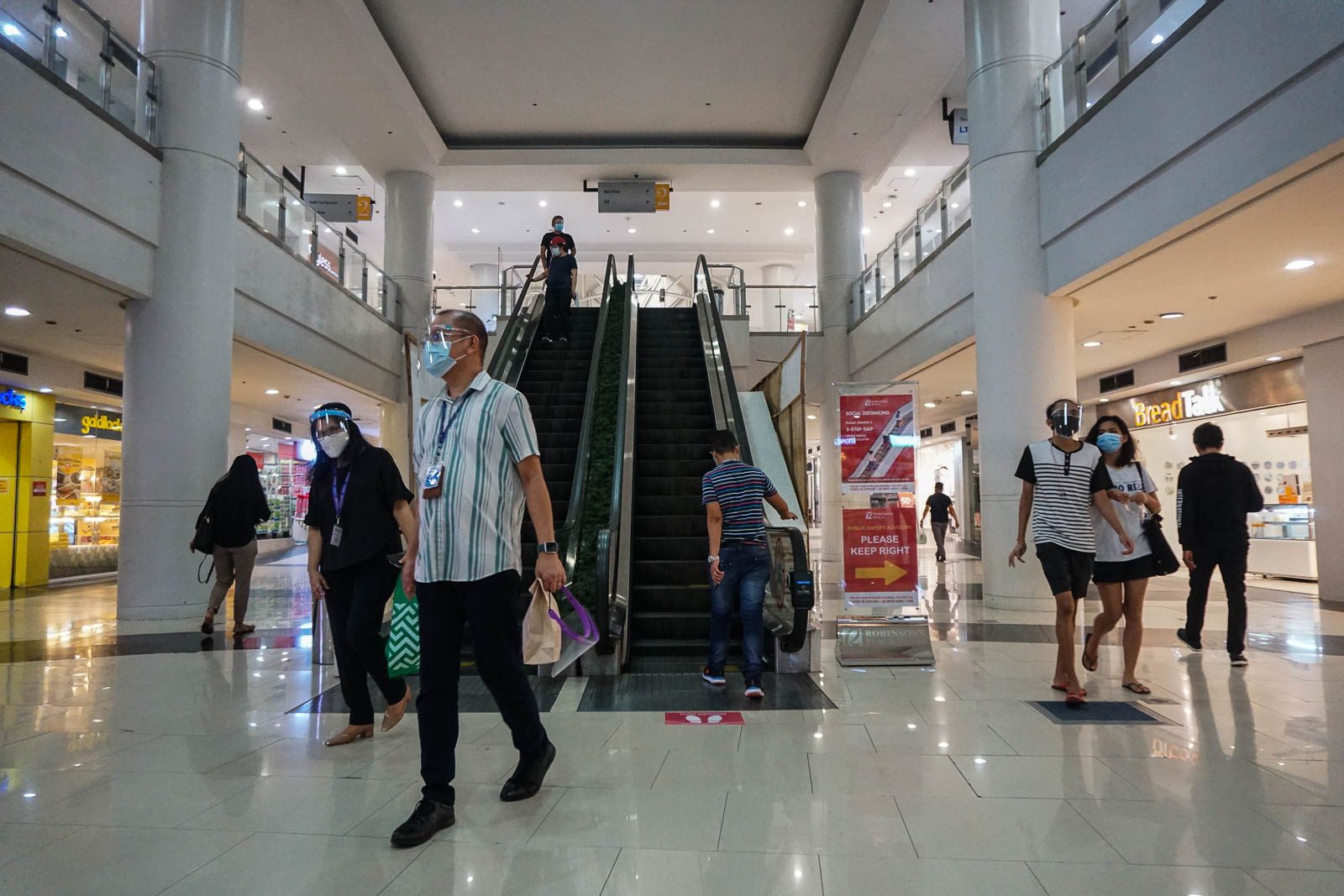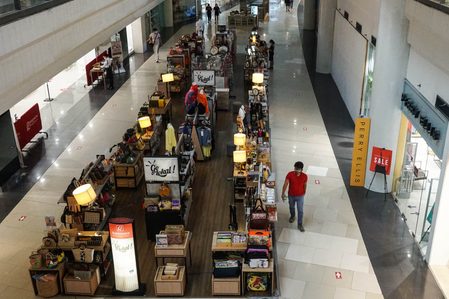SUMMARY
This is AI generated summarization, which may have errors. For context, always refer to the full article.

Gradual and calibrated reopening of the economy are needed for the country’s trade and overall economic recovery, said the National Economic and Development Authority (NEDA) in a press release on Saturday, October 10.
The agency noted the country’s trade performance in August, which recorded a steep annual decline of 21%. NEDA said this was mainly due to the government’s decision to revert several areas in the country to stricter quarantine measures in August after health professionals warned the country was losing its battle against the coronavirus.
From August 4 to 18, the government placed back under modified enhanced community quarantine the areas of Metro Manila, Bulacan, Cavite, Laguna, and Rizal.
“The August trade performance is a clear indication that gains from reopening the economy can easily be reversed when we impose strict lockdowns that restrict economic activity. We need to keep this in mind if we wish to regain our growth trajectory,” said acting Socioeconomic Planning Secretary Karl Chua.
Exports fell by 18.6% in August, while imports declined by 22.6% year-on-year.
NEDA further said that the steeper decline in the country’s overall trade performance in August was a result of the government’s decision to go back to stricter quarantine measures “after 3 months of showing gradual signs of recovery.”
In July, the Philippine Statistics Authority reported that the country’s overall merchandise trade growth fell by 18.6% and 19.9% in July and June, respectively – both slower contractions than in August.
“The government will continue its efforts to gradually open the economy and ensure the availability of more and safer public transportation, in tandem with strict observance of health protocols. We also need to facilitate trade and improve our export competitiveness,” Chua said.
The acting NEDA chief said that programs focused on “streamlining, reviewing of regulations, and using technological innovations including digitalization” would be vital in keeping the economy on track. He added that efforts to facilitate trade also need to be complemented with continued efforts to boost the country’s investments.
“For the Philippines to be seen as a suitable destination for foreign direct investment, it is crucial for us to implement structural reforms that will make the country an attractive investment destination,” Chua said.
NEDA said it is continuing to implement legislation that would provide a competitive and productive environment for businesses through amendments to the Foreign Investment Act, Retail Trade Liberalization Act, and the Public Service Act.
On September 29, the World Bank said that the Philippines’ economic recovery would be much slower compared to most of its regional peers, due to the coronavirus situation in the country. The World Bank forecast the Philippine economy to contract by 6.9% in 2020 – among the sharpest declines in developing East Asia and the Pacific.
A study by the Asian Development Bank in September also said that the Philippines has had the most business closures and layoffs in the region due to the pandemic. The study said that over 70% of micro, small, and medium enterprises in the country had cash flow problems that forced owners to borrow from friends and family to keep their business afloat. – Rappler.com
Add a comment
How does this make you feel?



![[Time Trowel] Evolution and the sneakiness of COVID](https://www.rappler.com/tachyon/2024/02/tl-evolution-covid.jpg?resize=257%2C257&crop=455px%2C0px%2C1080px%2C1080px)


There are no comments yet. Add your comment to start the conversation.